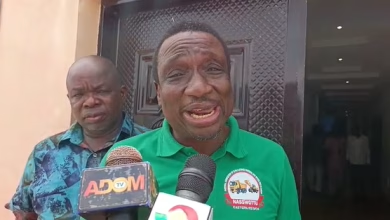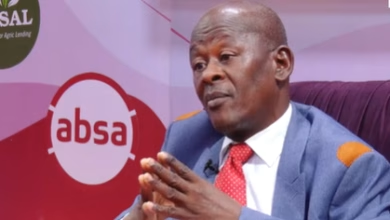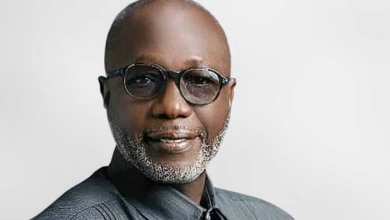“Jakpa Testifies in Court: Cabinet and Parliament Thoroughly Vetted Ambulance Purchase”

- Jakpa testifies that Cabinet and Parliament approved ambulance procurement.
- He claims all due diligence was done, contradicting AG's allegations.
- Jakpa presents documents to support his claims of transparency.
- Trial outcome to determine if government process was transparent.
The ongoing ambulance purchase trial has taken a significant turn as the third accused person, Richard Jakpa, has testified that Cabinet and Parliament thoroughly approved the procurement process. Jakpa emphasized that all necessary due diligence was meticulously observed, addressing concerns raised by the Attorney-General and Minister for Justice, Godfred Yeboah Dame.
On Tuesday, July 2, Jakpa responded to the legal challenge questioning the integrity and transparency of the procurement procedures. He stated that the approval process involved comprehensive scrutiny at multiple levels, ensuring that the ambulances met all required standards and specifications.
Jakpa highlighted that both the Cabinet and Parliament conducted thorough evaluations, including cost assessments and technical reviews, before granting their final approval. This rigorous process aimed to guarantee the best value for public funds and the highest quality of service delivery in the health sector.
The prosecution of this case was initiated by the Attorney-General, who raised concerns about potential irregularities in the procurement process and alleged financial loss to the state. The AG pointed out discrepancies in the pricing and quality of the ambulances, suggesting that due diligence might have been compromised.
In court, Jakpa presented detailed documentation to support his claims, including minutes of meetings, evaluation reports, and correspondence between relevant government bodies. He argued that the evidence clearly demonstrated the government’s commitment to transparency and accountability in the procurement of the ambulances.
Jakpa’s testimony contradicts the AG’s allegations, emphasizing that the government followed a thorough and transparent process. He maintained that the ambulances met all necessary standards, and their procurement was in the best interest of the health sector.
The court is expected to review the evidence presented by Jakpa and the AG’s allegations, determining whether the procurement process was indeed transparent and in line with due diligence requirements.
The outcome of this trial has significant implications for the health sector and the government’s procurement processes. If Jakpa’s testimony is accepted, it would vindicate the government’s actions and demonstrate its commitment to transparency.
However, if the AG’s allegations are proven, it could lead to a re-evaluation of the procurement process and potential consequences for those involved. The trial’s outcome will be closely watched, as it sets a precedent for future procurement processes in Ghana.
The case highlights the importance of transparency and accountability in government procurement processes, ensuring that public funds are utilized efficiently and effectively to benefit the citizens of Ghana.






